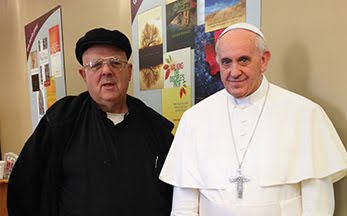Robert Putnam. He has several books. They are all good.
Our Kids: The American Dream in Crisis. His latest book. It is a good description of his own
home town and how it has changed. He compares it to many other towns. His thesis is that the
cities and towns have turned into separate groups by social class and no longer function as a
whole.
Bowling Alone: The Collapse and Revival of American Community. Probably his most famous
book. It describes how voluntary associations—bowling leagues, PTA’s, churches, etc—are
dying.
American Grace Co-authored with David Campbell of Notre Dame. It is a study of American
religious life. There is a good chapter on Catholics, including a section on Latino Catholics. There
is also a section on ͞The Rise of the Nones.͟
Making Democracy Work: Civic Traditions in Italy. In this book, Putnam asks the question, ͞
Why does northern Italy prosper and southern Italy doesn’t͟ The difference is stark enough that
some Italian politicians in the north would like to get rid of southern Italy because it is an
economic drag. It is also where the Mafia thrives. His answer is that the civic traditions and
engagements of people working together, trusting one another, collaborating in northern Italy
are much stronger. Civic engagement translates into social trust and social cooperation, which
lead to strong institutions thriving on soc
